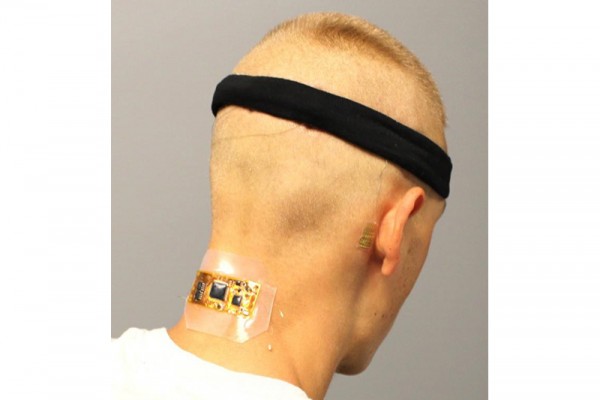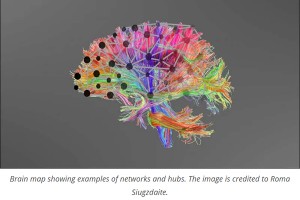New brain-machine interface wirelessly controls wheelchairs, computers
Researchers from the Georgia Institute of Technology have created a new electroencephalography (EEG) system from new classes of ...
Researchers from the Georgia Institute of Technology have created a new electroencephalography (EEG) system from new classes of nanomembrane electrodes with flexible electronics and a deep learning algorithm. The system could help disabled people wirelessly control electric wheelchairs, computers, small robotic vehicles and more without an EEG electrode cap.
The new system is a fully portable brain-machine interface (BMI). BMIs allow patients with ALS, chronic stroke or other motor disabilities to control robotic prosthetics. The system could also help non-invasively identify biomarkers of Alzheimer’s.
To gather brain signals, doctors typically use an electrode-studded hair cap outfitted with wet electrodes and adhesives that is wired to a computer. The majority of the participant’s scalp must be covered for the system to receive signals. This can be cumbersome and annoying, so many patients choose not to use these systems daily.
YOU MAY READ MORE HERE





Related Posts